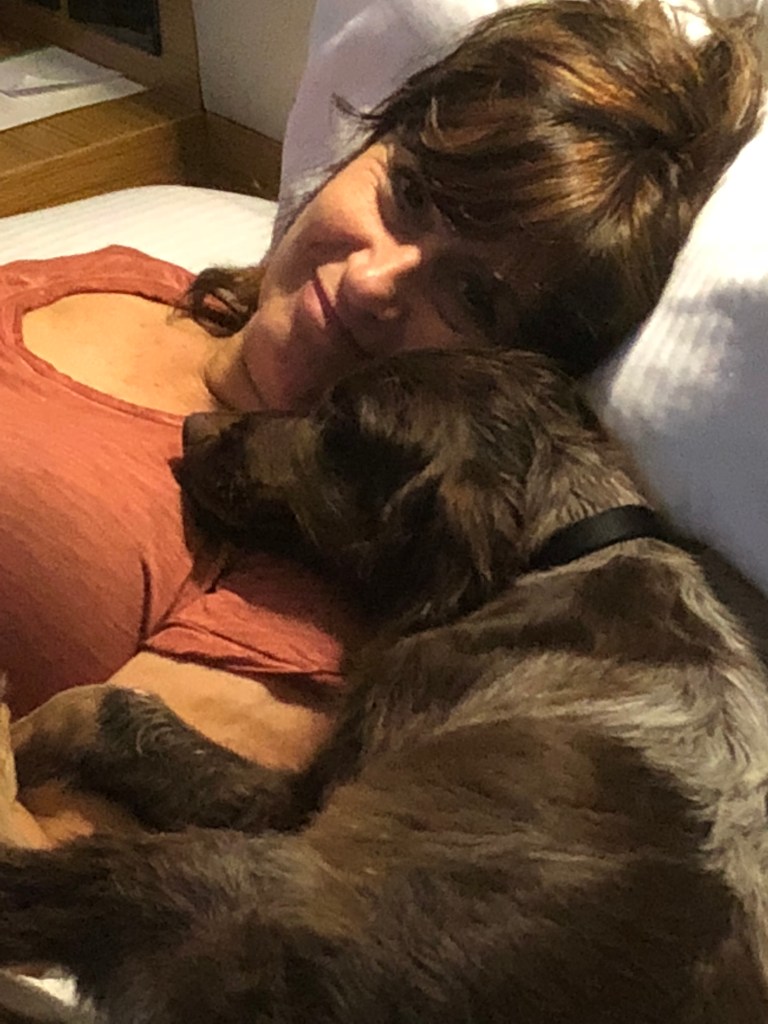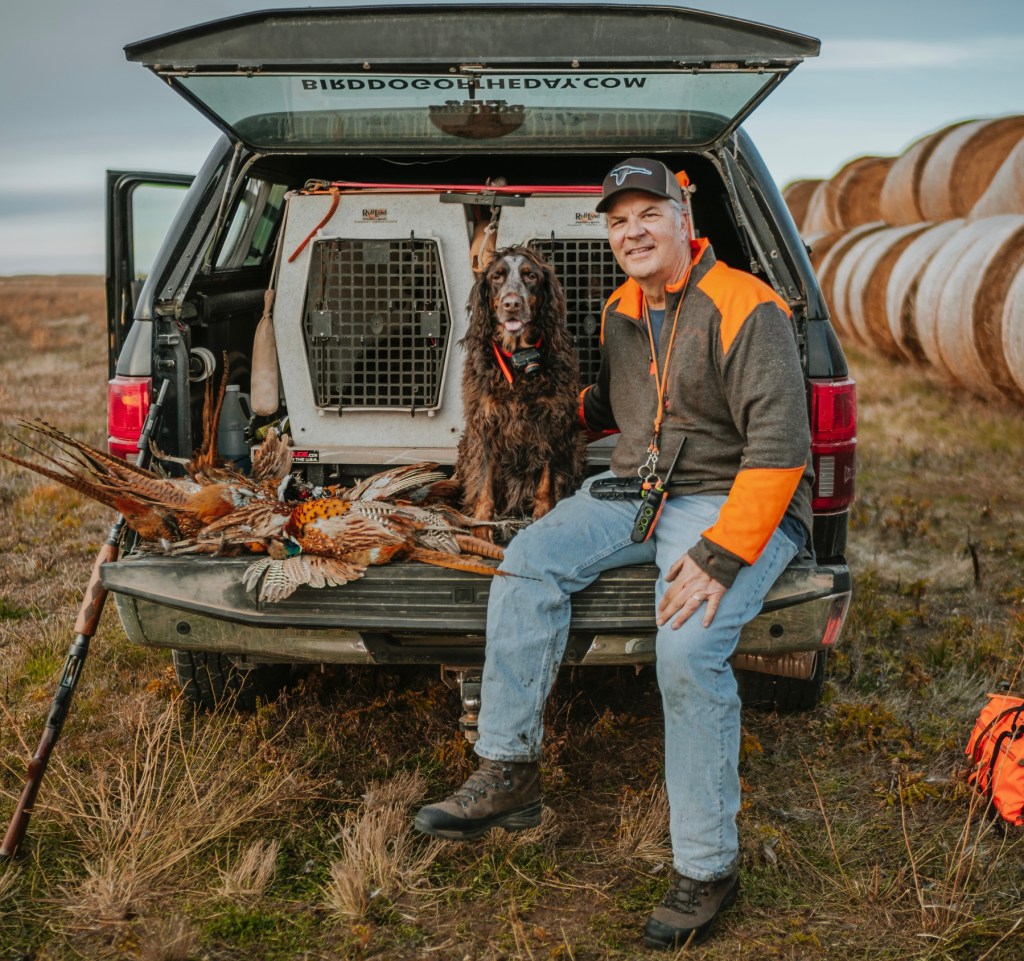A short read on training Picardy Spaniels by Castiron Kennels and Mountain View Kennel.
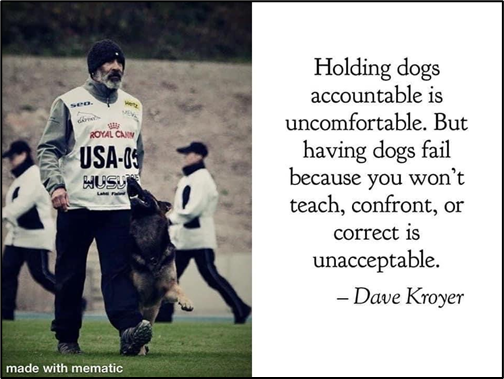
Consistency is Crucial. Dogs are creatures of habit. They understand and prefer routines. If you’re not consistent you will confuse your puppy and that will only create stress and more work for both of you. In her book “How to Help Gundogs Train Themselves,” Joan Bailey does a great job of explaining in detail the importance of consistency. Consistency is also a key component of Ted DeCosta Jr. in his book “Tips and Tales: On Training Your Birddog.” Both books are “must reads.
Reward-Based Training Works. Whether it be treats or praise, positive reinforcement is more effective than negative/pressure training techniques. Reward-based methods do take a little longer, but the risk of your dog shutting down is minimized. Also, ask yourself what kind of relationship do you want with your dog? Is s/he going to be a family member and hunting partner that lives in the house, or a “hunting tool” that lives in a kennel?
Be a Benevolent Dictator. Just because you utilize reward-based training doesn’t mean you should be a pushover. You’re the alpha. Act like it. Your job is to teach your puppy to be a good citizen, and you decide how that is defined. Training is not the puppy’s responsibility, learning is. Dogs want to please their alpha, and you can use this and their strong food motivation to your advantage.
Commands Are NOT Suggestions. Commands are orders, and you need to enforce compliance. Your puppy will eventually learn to follow commands willingly and immediately. Commands should only be given once, but it will take a while for your puppy to first learn what the command means, and second to comply as soon as they hear the command. Your voice needs to reflect authority, but don’t yell. Make eye contact whenever possible when giving a command. And, never give a command you can’t enforce…or that your puppy is unlikely to follow.
Always Use a Release Command. When you tell your puppy to “Sit!” you are giving a command that they are to comply with a command until you give another command. Release commands, such as “OK,” help your puppy understand “for how long…” If you tell your puppy to “Sit!” and then forget to release him/her, or you get distracted, your puppy will decide when it’s OK to move. This basically undoes all the hard work on “Sit!” you have done and necessitates remedial training to correct.
Use Multiple Signals When Giving Commands. Your voice is not always loud enough. That’s when a whistle comes in handy. Two blasts typically means “Come!” One blast means “Whoa!” or “Sit!” Add the whistle to your verbal command once your puppy is understanding the verbal command. But sometimes you don’t want to make any noise. That’s where hand signals come into play. Dogs instinctively understand postures. It’s why pointing dogs “back,” or “honor” another dogs’ point. With a treat in hand raise your arm to shoulder level with your index finger pointing at the ground. Blow your whistle twice and tell your puppy to “Come!” As s/he gets closer start to lower your arm such that it meets the puppy’s nose when s/he arrives at your side. The treat will help reinforce the silent visual signal to “Come!”
Interactions With Children Should be Pre-Planned. It’s not a puppy’s job to know how to interact with children. It’s your job to teach children how to interact with a puppy prior to meeting your puppy. Even though it’s cute and seemingly innocuous, a child should never roll around on the floor with a puppy. Nor should they ever allow their head to be below that of a puppy. Both are signs of submission in the canine world, and a puppy will take either as a signal that they are above the child in your family “pack.” Also, the level of chaos within your house can impact a puppy’s behavior for the rest of its life. If your kids are regularly screaming and running around your puppy will feed off of and consider that behavior “normal” for your family pack
Only Take Training Advice from Knowledgeable Professionals. Your average dog club member is NOT a professional. They may have trained a dog or 2, maybe more, but they never saw your breed before, much less trained one. You likely wouldn’t take advice from a relative stranger for raising and training your children, so why would you do it with your newest family member? The same goes for information you find on the internet. Your breeder should be your first stop in terms of training issues. If they can’t help they can usually recommend a professional trainer that has experience with your breed, or dogs similar to your breed.
Obedience Training Comes BEFORE Hunting. If you can’t maintain control of your puppy in your yard, on a walk, during a visit to a friend’s house, etc., you won’t be able to control him/her once they get a whiff of game and they experience the excitement of being afield. The sights, sounds and smells of hunting are enough to jack up an experienced dog. Add a few birds to the mix and a puppy that is not proofed in terms of obedience will lose their mind to the point of forgetting you even exist. Curb your excitement and make sure your puppy is really ready before heading out to hunt.
You Need to Go Slow to Go Fast. This adventure you’ve embarked on is, in your puppy’s eyes, a life-long partnership. Training your puppy is not a race, but rather a journey that will result in a dog that meets your expectations. The more you rush training the higher the likelihood that you’ll make a mistake…mistakes take time to correct…or that your puppy will shut down. Put your ego aside because it really doesn’t matter whether your puppy does downwind blind retrieves at 4 months or 14. This is about your puppy. Don’t worry about how or what his/her littermates are doing. Worry about your puppy. Remember, not every kernel of popcorn in the kettle pops at the same time. And the goal is to have a dog that does what you want it to and behaves the way you want it to for 10+ years.
Some final thoughts…
“Long-term consistency trumps short-term intensity. Hours of work no one sees will eventually turn into moments witnessed by many.”
Bruce Lee

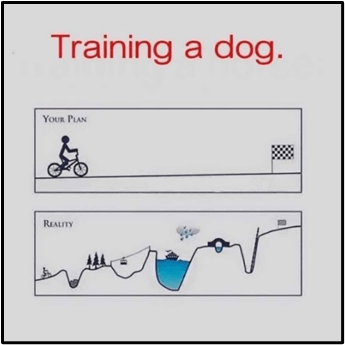
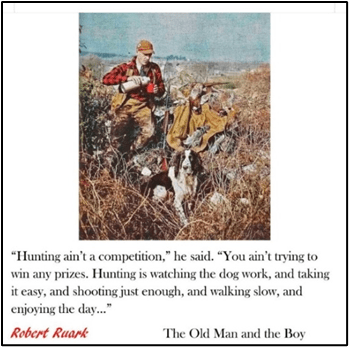
“Too often we forget that discipline really means to TEACH, not to punish. A disciple is a student, not the recipient of behavioral consequences.”
Dr. Dan Siegel
Copyright © 2023 by Castiron Kennels. All rights reserved. This post may be reproduced with permission.
Castiron Kennels and Mountain View Kennel are the only families in America who each own, train, and hunt 4 Picardy Spaniels. There are only ~320 Picardy Spaniels in North America, and Ric and Mike are some of the first Americans to import Picardy’s from Europe. Castiron and Mountain View both donate their time help other US Picardy Spaniel owners with training, virtually and in person. Mike also owns Bird Dog of the Day, and Ric and Ellen sponsor the Picardy.org website for the US Picardy Spaniel Alliance.
Ric, Ellen and their Picardy Pack live in New Glarus, WI just 25 minutes southwest of Madison. A lifelong hunter, Ric has trained and hunted Small Munsterlanders, Gordon Setters, and for the past 7 years Picardy Spaniels. Ellen has an extensive background in animal genetics and a PhD in Reproductive Physiology. She bred and trained Greater Swiss Mountain Dogs prior to Picardy Spaniels. Since 2019 Ric and Ellen have traveled to Europe annually to meet with international Picardy Spaniels breeders to learn more about training this unique breed as well as to identify bloodlines that will broaden and deepen the gene pool in North America. In 2023 they attended the French National Breed Show and met with President Serge Guilbert to discuss ways to better track Picardy Spaniel breeding efforts and individual dogs globally. They are also the only breeder that has sent a North American whelped Picardy Spaniel back to France.
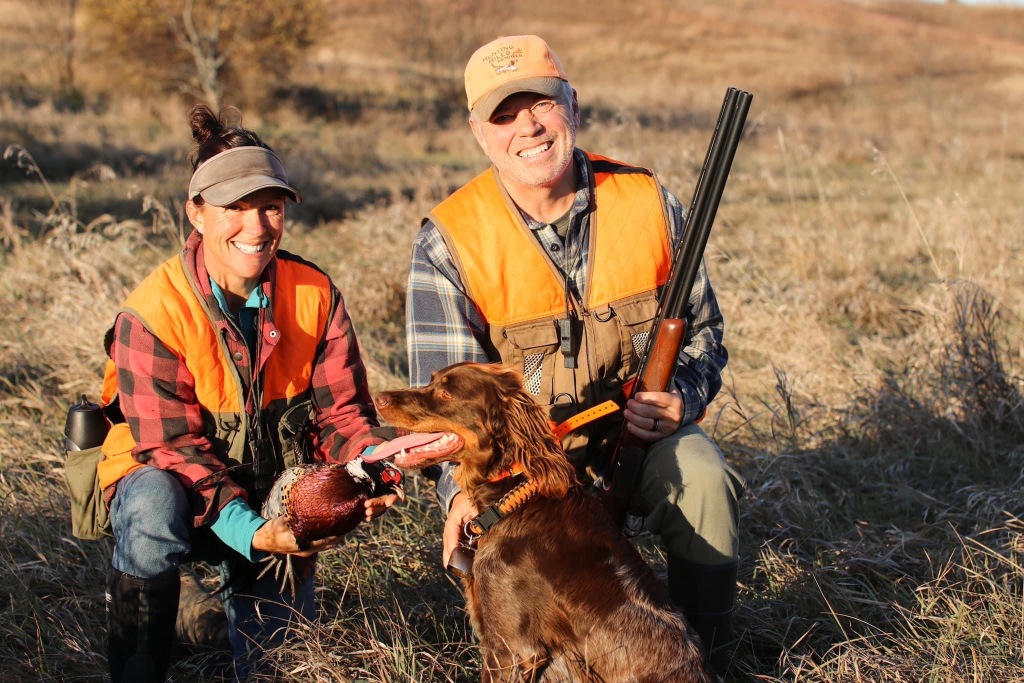
Mike and Lori live in Southwest Florida, but Mike takes their four dogs to Montana each Fall to hunt Prairie Grouse and Hungarian Partridge. Mike’s dog Tilly was one of the first in North America when she arrived in February of 2017. Lori fell in love with Theo on the breeder’s website and she brought him over to the States in 2018. Gus and Flirt are brother and sister and joined the pack in 2019. They were supposed to be trained up by Mike and sold as started dogs. That plan didn’t last until the airport exit before they squirmed their way into his heart permanently. Mike does the training and hunting while Lori focuses on the cuddling.
